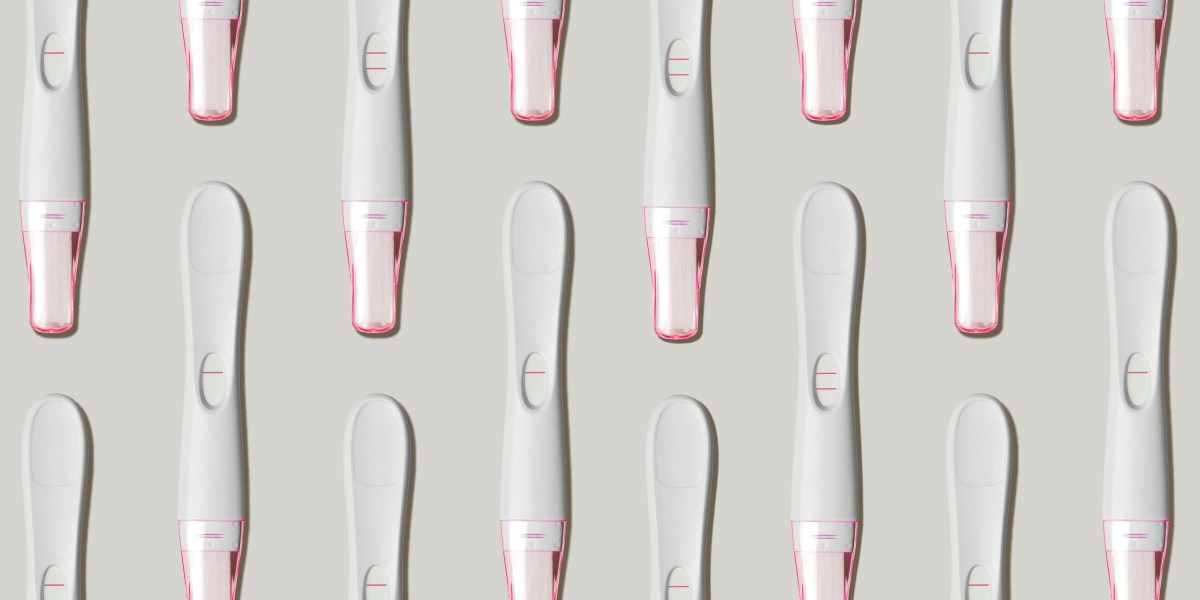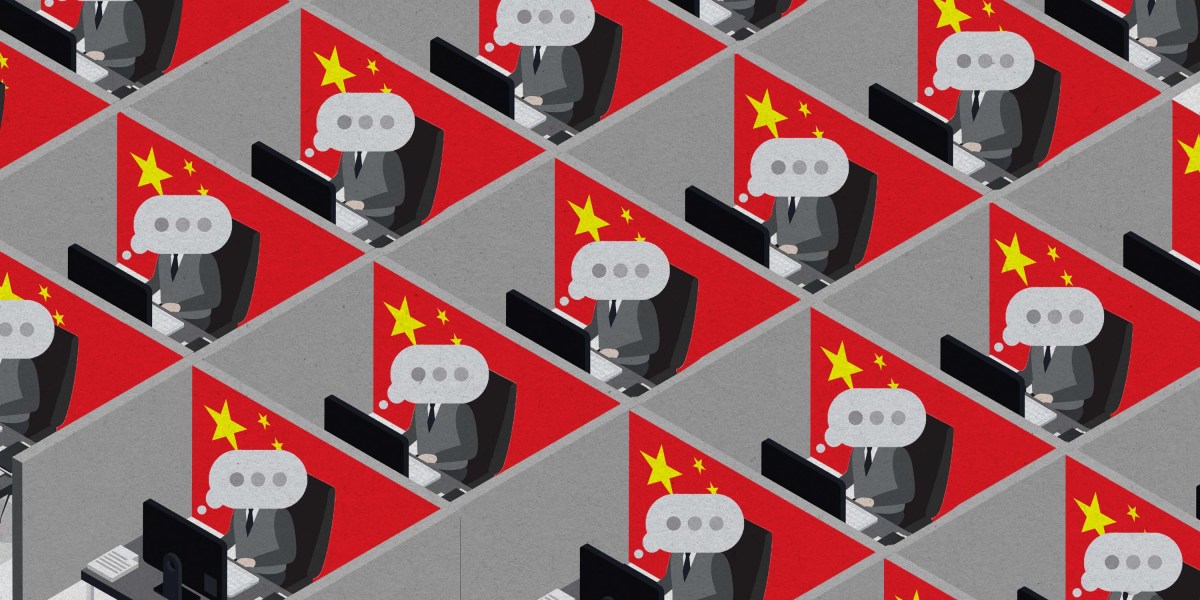But how do we retain control over our bodies when corporations and the medical establishment have access to our most personal information? What happens when humans stop relying on their village, or even their family, for advice on having a kid and instead go online, where there’s a constant onslaught of information? How do we make sense of the contradictions of the internet—the tension between what’s inherently artificial and the “natural” methods its denizens are so eager to promote? In her new book, Second Life: Having a Child in the Digital Age (Doubleday, 2025), Hess explores these questions while delving into her firsthand experiences with apps, products, algorithms, online forums, advertisers, and more—each promising an easier, healthier, better path to parenthood. After welcoming her son, who is now healthy, in 2020 and another in 2022, Hess is the perfect person to ask: Is that really what they’re delivering?
In your book, you write, “I imagined my [pregnancy] test’s pink dye spreading across Instagram, Facebook, Amazon. All around me, a techno-corporate infrastructure was locking into place. I could sense the advertising algorithms recalibrating and the branded newsletters assembling in their queues. I knew that I was supposed to think of targeted advertising as evil, but I had never experienced it that way.” Can you unpack this a bit?
Before my pregnancy, I never felt like advertising technology was particularly smart or specific. So when my Instagram ads immediately clocked my pregnancy, it came as a bit of a surprise, and I realized that I was unaware of exactly how ad tech worked and how vast its reach was. It felt particularly eerie in this case because in the beginning my pregnancy was a secret that I kept from everyone except my spouse, so “the internet” was the only thing that was talking to me about it. Advertising became so personalized that it started to feel intimate, even though it was the opposite of that—it represented the corporate obliteration of my privacy. The pregnancy ads reached me before a doctor would even agree to see me.
Though your book was written before generative AI became so ubiquitous, I imagine you’ve thought about how it changes things. You write, “As soon as I got pregnant, I typed ‘what to do when you get pregnant’ in my phone, and now advertisers were supplying their own answers.” What do the rise of AI and the dramatic changes in search mean for someone who gets pregnant today and goes online for answers?
I just googled “what to do when you get pregnant” to see what Google’s generative AI widget tells me now, and it’s largely spitting out commonsensical recommendations: Make an appointment to see a doctor. Stop smoking cigarettes. That is followed by sponsored content from Babylist, an online baby registry company that is deeply enmeshed in the ad-tech system, and Perelel, a startup that sells expensive prenatal supplements.
So whether or not the search engine is using AI, the information it’s providing to the newly pregnant is not particularly helpful or meaningful.
AMIE CHUNG/TRUNK ARCHIVE
The internet “made me feel like I had some kind of relationship with my phone, when all it was really doing was staging a scene of information that it could monetize.”
For me, the oddly tantalizing thing was that I had asked the internet a question and it gave me something in response, as if we had a reciprocal relationship. So even before AI was embedded in these systems, they were fulfilling the same role for me—as a kind of synthetic conversation partner. It made me feel like I had some kind of relationship with my phone, when all it was really doing was staging a scene of information that it could monetize.




